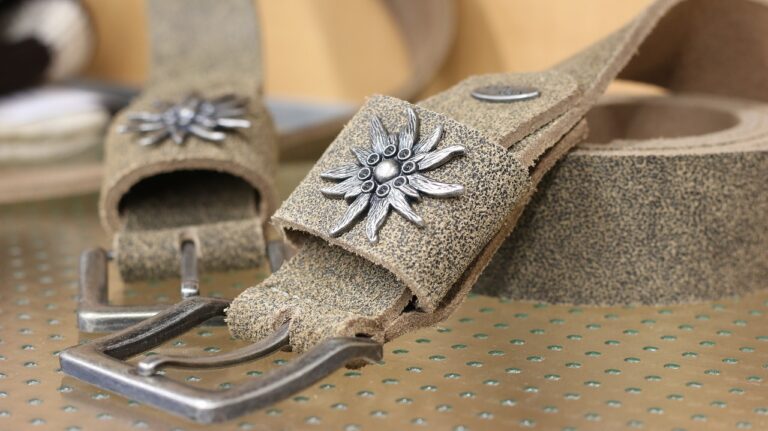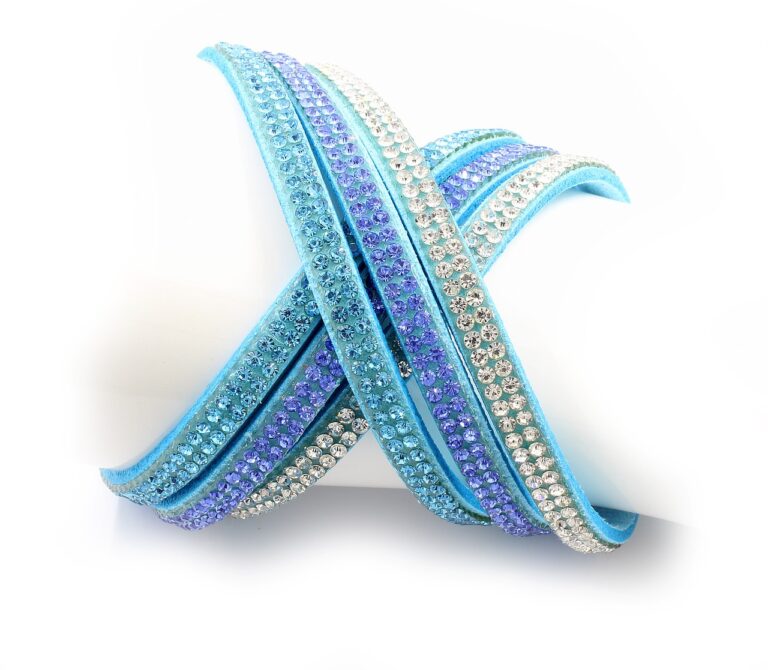Fashion and Sustainable Practices: Reducing Waste Through Circular Fashion Models
The rise of fast fashion in recent decades has led to a significant negative impact on the environment. The production processes associated with fast fashion, marked by rapid turnover of clothing collections and low-cost, disposable items, contribute to excessive waste generation and increased carbon emissions. The fast-paced nature of this industry encourages overconsumption, leading to vast amounts of clothing being discarded and ending up in landfills.
Moreover, the use of synthetic materials in fast fashion results in further environmental harm. These materials, such as polyester and nylon, are derived from non-renewable resources and do not biodegrade easily, adding to the accumulation of non-biodegradable waste in the environment. The dyeing and treatment of fabrics in fast fashion also contribute to water pollution, as harmful chemicals are often released into water bodies untreated, posing serious risks to both aquatic ecosystems and human health.
Understanding the Concept of Circular Fashion
Circular fashion is a growing trend within the fashion industry that aims to minimize waste and environmental impact. This approach focuses on creating clothing that is designed to be reused, repaired, or recycled, rather than ending up in landfills. By embracing circular fashion principles, brands can work towards a more sustainable future for the industry.
The concept of circular fashion encourages a shift away from the traditional linear model of production and consumption, where items are made, used, and discarded. Instead, it promotes a more cyclical approach, where materials are kept in use for as long as possible through recycling, upcycling, and other creative practices. This mindset not only reduces the industry’s carbon footprint but also fosters a more conscious and circular economy.
How Brands are Embracing Sustainable Practices
Many brands have recognized the importance of adopting sustainable practices in their production processes. By incorporating eco-friendly materials, reducing waste, and implementing ethical labor practices, these companies are paving the way for a more environmentally conscious fashion industry. Consumers are increasingly demanding transparency and accountability from the brands they support, leading to a shift towards more sustainable practices across the board.
In addition to making changes in their manufacturing processes, brands are also engaging in initiatives to educate consumers about the impact of their purchasing decisions. Through campaigns highlighting the benefits of sustainable fashion and the importance of supporting ethical practices, these companies are not only fostering a more informed consumer base but also creating a sense of responsibility among shoppers. As sustainability becomes a key differentiator in the market, brands that prioritize eco-conscious practices are setting themselves up for long-term success.
– Many brands are adopting sustainable practices in their production processes
– Incorporating eco-friendly materials and reducing waste
– Implementing ethical labor practices
– Consumers are demanding transparency and accountability from brands
– Brands are educating consumers about the impact of their purchasing decisions through campaigns
– Sustainable practices are becoming a key differentiator in the market
What is fast fashion and how does it impact the environment?
Fast fashion refers to inexpensive clothing produced rapidly by mass-market retailers in response to the latest trends. The rapid production and consumption of fast fashion lead to increased carbon emissions, water pollution, and textile waste, contributing to environmental degradation.
What is circular fashion and how does it differ from traditional fashion practices?
Circular fashion is a sustainable approach to designing, producing, and consuming clothing that aims to minimize waste and environmental impact. Unlike traditional linear fashion practices that follow a “take-make-waste” model, circular fashion focuses on creating a closed-loop system where materials are recycled, repurposed, and reused.
How are brands embracing sustainable practices in the fashion industry?
Brands are adopting various sustainable practices in the fashion industry, such as using eco-friendly materials, implementing ethical labor practices, reducing water and energy consumption, and promoting recycling and upcycling initiatives. Some brands are also incorporating transparency into their supply chains to ensure accountability and traceability of their products.







